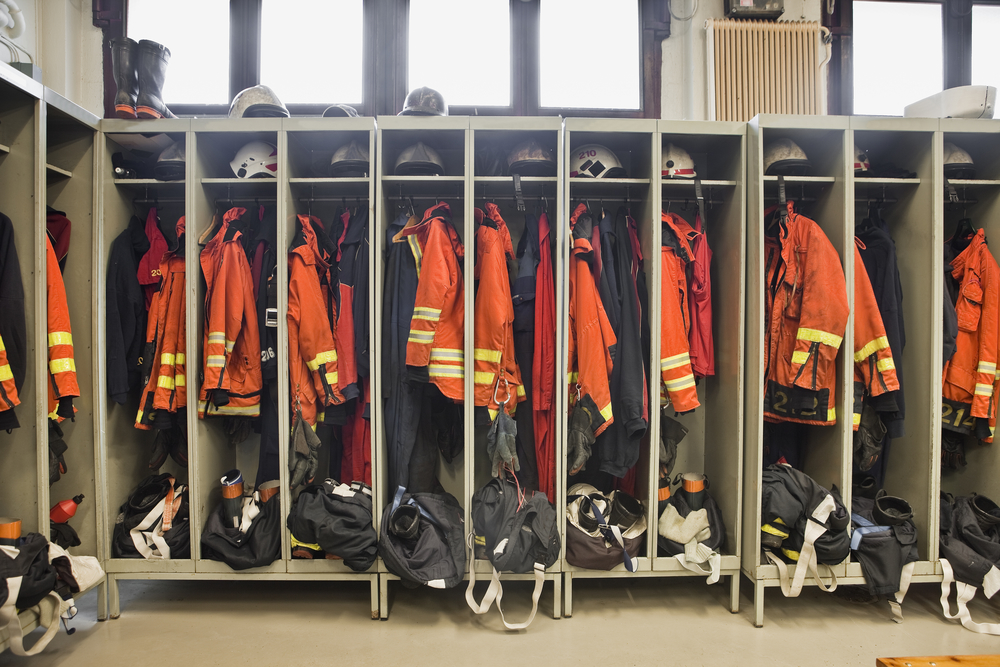[dc]A[/dc]s a pastor’s kid growing up in the Adventist church, every thirteenth Sabbath was a special day. I was not actually interested in communion itself, given that I did not participate before my baptism, and I had heard my father tell the story of the Lord’s Supper so frequently that my brother and I would often recite, “Let us now eat together!” while snacking at home. Instead, I was excited about the fifteen minute break just before the sermon, when adults would wash each others feet.
I remember loving that part of the service, often called the ordinance of humility, because it meant I could have fun with my friends in the sanctuary, while my parents and others went off to the beige side rooms to play with hand towels and shallow water tubs. While there was always a general warning to be quiet and remain reverent during this time, we rarely listened. Talking loudly during church often led me into trouble-my dad once stopped a sermon half way through and told me to get up and sit on the other side of the sanctuary.
Now that I’m older, that quarter hour remains my favorite part of church but for a different reason. Today, I join the other grownups in the Sabbath School rooms and participate. As I grew up, and once I started at PUC, I really enjoyed and appreciated the symbolic significance of foot-washing-an act of humility and service based on Christ’s own example.
During Sabbaths at the college church in Angwin or the Elmshaven Church in St. Helena, I would partner with a friend or classmate, but no matter how well I knew them, it was always pretty uncomfortable. Unless you work as a podiatrist or a pedicurist, there is nothing else like foot-washing, no other moment in life when we stoop down to clean another person’s toes and heels, so often the dirtiest part of the body. Most of my closest friends at PUC were basketball players, including my roommate, who spent half the week expelling liters of sweat from their pruny feet into their socks and sneakers.
After I graduated from PUC, and there wasn’t always a close friend with whom to participate, foot-washing became a spiritual adventure. Foot-washing with a stranger was incredibly awkward, or at least it was at first. There are few comfortable conversation topics to engage in while peeling back the dress sock off an elderly man’s foot and handling his callused toes. It’s not appropriate to discuss sports, since we’re in church and everyone around us is humming hymns and praying. We usually chat about the weather or talk about our mutual acquaintance in the fourth pew. While the state of some feet and certain odors might not be too pleasant, some are downright ugly; the ritual itself is incredibly beautiful. I am reminded of both Christ washing our sins away and the spiritual importance of serving the elderly and helping others. It makes me sad when I see how many people skip out on this opportunity because of feelings of embarrassment. I won’t argue that the process isn’t uncomfortable; however, there is incredible value in such discomfort. The words of Christ-turning the other cheek, loving our enemies, rejecting the ways of the world-are not supposed to be an easy set of instructions.
Years later, my roommate from PUC would be the first person whose feet I washed after the sudden death of my father, a man who had washed my own feet several times, and the emotions of that moment nearly brought me to tears. So for a few embarrassing, quiet minutes every thirteenth Sabbath, surrounded by children’s Sabbath school felts, I awkwardly pick the lint from in-between someone’s toes, and I get to experience a bond with that person unlike anything I have experienced in church or anywhere else. By the end of it, I am proud and honored when the elderly gentleman, who was a stranger to me only minutes before, stands up, straightens his pressed suit pants, prays with me, shakes my hand, and calls me “Brother Martin.”
This article will appear as “My ViewPoint” in the Spring 2012 issue of Pacific Union College’s ViewPoint Magazine.

